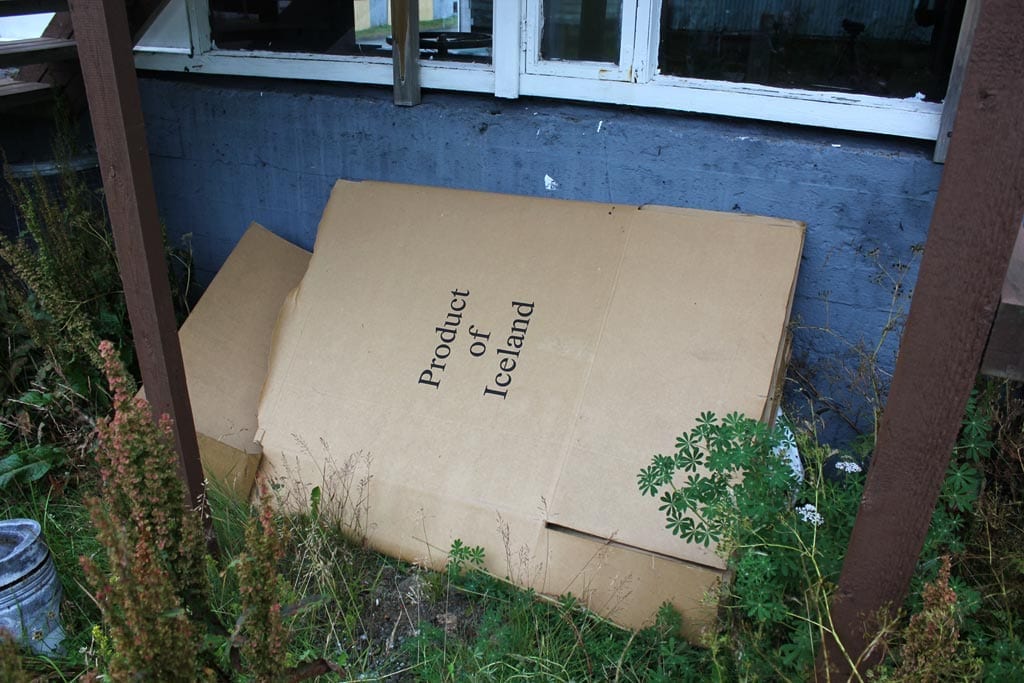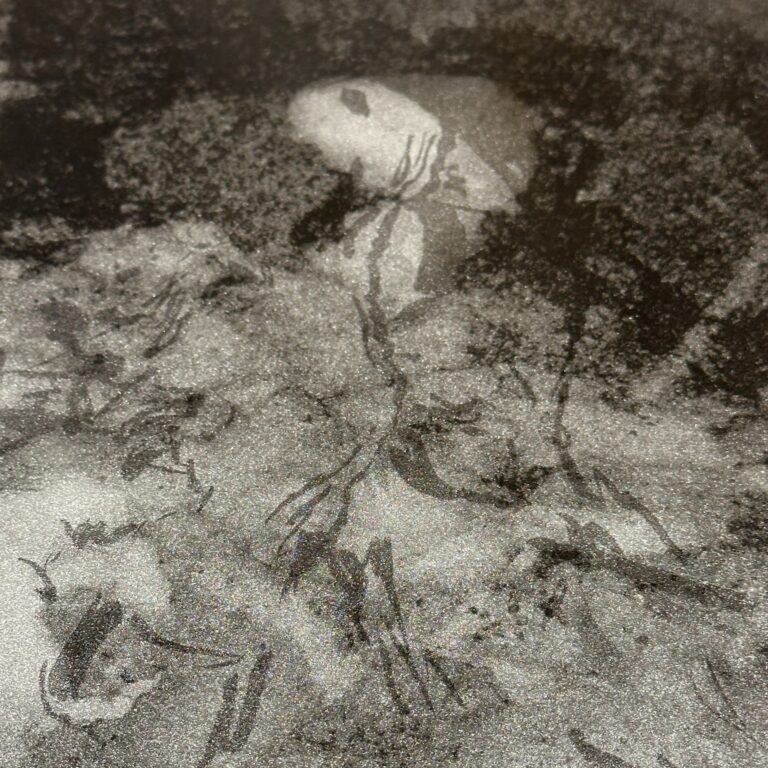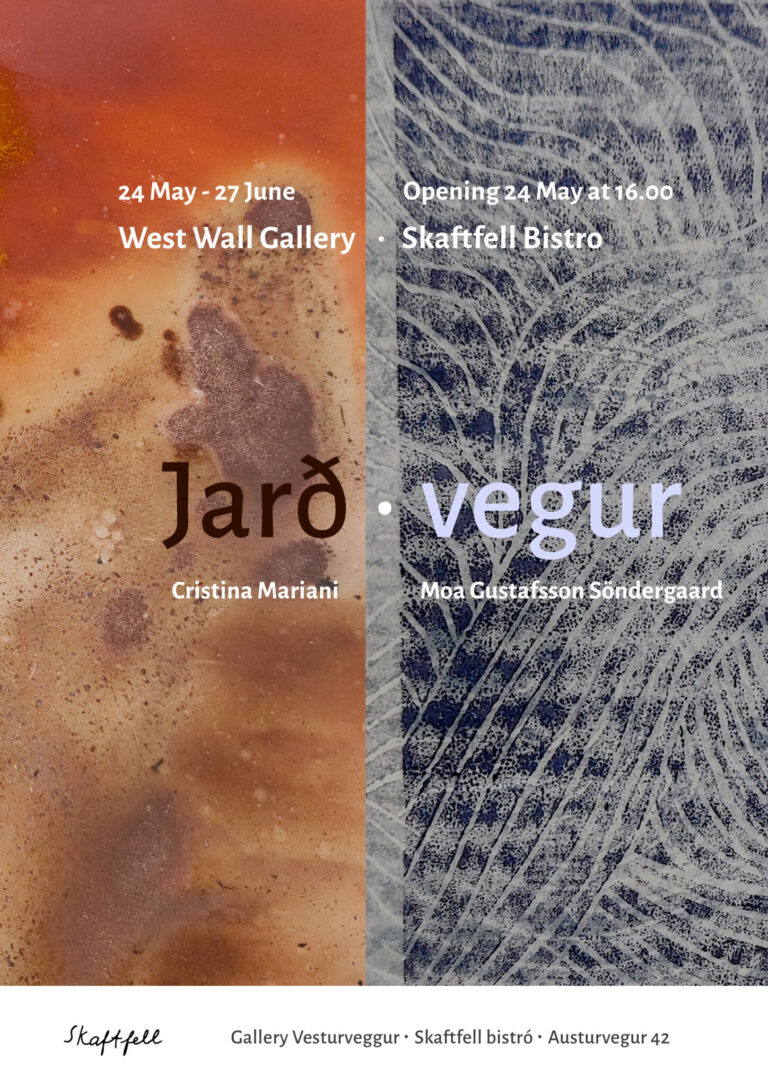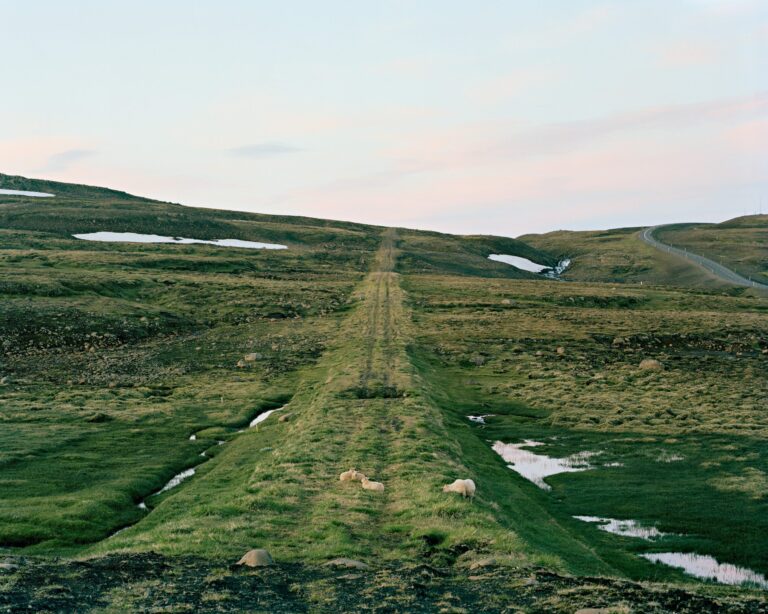Natures aesthetic preservation and human intervention / aspects of utopia and dystopia
Á fimmtudagskvöldið, 28. ágúst, munu Maria Glyka og Vassilis Vlastaras frá Grikklandi bjóða upp á sjónræna framsetningu á verkefninu „…weeds, those trojans…“ sem þau hafa unnið að undanfarin mánuð á meðan dvöl þeirra stóð sem gestalistamenn Skaftfells. Viðburðinn fer fram í Bókabúðinni – verkefnarými og hefst kl. 19:00.

Titilinn fengu listamennirnir að láni úr bókinni “Walden; or Life in the Woods” gefin út 1854 eftir H. D. Thoreau. Í bókinn er sett fram siðferðisleg spurning um hvað sé réttmætt og hvað sé ofbeldisfullt inngrip að hálfu mannana: “But what right had I to oust the johnswort and the rest, and break up their ancient herb garden?”.
Nánar um verkefnið, á ensku:
Each morning he struggles with the weeds, putting soil, transforming the grass:
“It was a singular experience that long acquaintance which I cultivated with beans, what with planting, and hoeing, and harvesting, and threshing, and picking over and selling them—the last was the hardest of all—I might add eating, for I did taste. I was determined to know beans. When they were growing, I used to hoe from five o’clock in the morning till noon, and commonly spent the rest of the day about other affairs. Consider the intimate and curious acquaintance one makes with various kinds of weeds—it will bear some iteration in the account, for there was no little iteration in the labor—disturbing their delicate organizations so ruthlessly, and making such invidious distinctions with his hoe, leveling whole ranks of one species, and sedulously cultivating another. That’s Roman wormwood—that’s pigweed—that’s sorrel—that’s piper-grass—have at him, chop him up, turn his roots upward to the sun, don’t let him have a fibre in the shade, if you do he’ll turn himself t’ other side up and be as green as a leek in two days. A long war, not with cranes, but with weeds, those Trojans who had sun and rain and dews on their side. Daily the beans saw me come to their rescue armed with a hoe, and thin the ranks of their enemies, filling up the trenches with weedy dead. Many a lusty crest—waving Hector, that towered a whole foot above his crowding comrades, fell before my weapon and rolled in the dust”.
The result for him is confusing, there is a dilemma between cultivation as a human need for survival and the right of all organisms to sustain their vital connection with the land. Is it the wilderness or the interference that constitutes the preservation of the world? Is it a matter of aesthetic pleasure and quality of life? It is definitely a matter of culture (cultivating) as we discriminate the good from the bad, we make choices based on our intelligence.
Setting up alternative communities and economies challenge the aspects of contemporary society’s view on matters like these. Social processes and experimentations often offer solutions or forms of utopianism/dystopianism as contemporary formations. Studying philosophical and literature texts such as from theorists and thinkers, offer crucial sources for a visual debate on the role of art nature.
http://glykamaria.blogspot.gr/
https://sites.google.com/site/vassilisvlastaras/home



